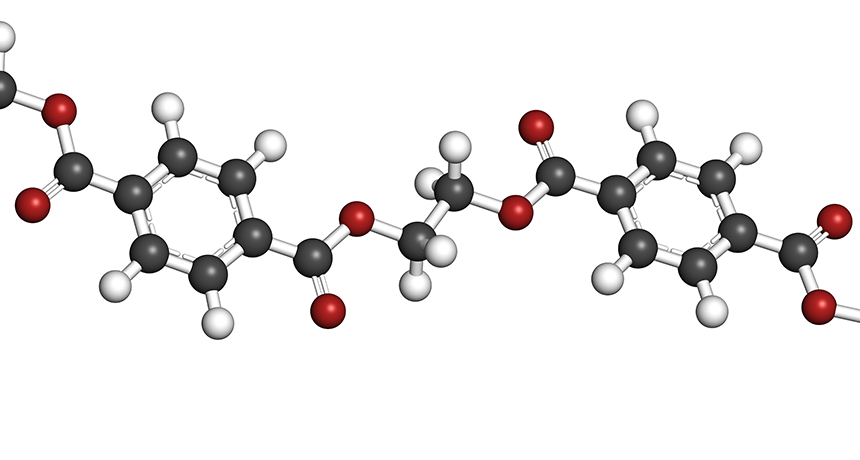Latest Developments in Polymers: Cutting-Edge Technology
Latest Developments in Polymers: Cutting-Edge Technology
Blog Article
Checking Out the Varied Applications and Benefits of Polymers in Different Industries
Polymers, with their diverse series of homes and capabilities, have actually come to be essential in different markets, each enjoying distinct benefits from their application. Polymers. From improving security and performance in the automobile industry to reinventing medical gadgets in the healthcare industry, polymers play a pivotal role. Their environmentally friendly nature is modifying the landscape of sustainability methods. As we explore the depths of polymers in electronic devices, we reveal innovative advancements, while their structural honesty changes the realm of construction and framework. The prevalent influence of polymers throughout markets is a testament to their convenience and flexibility, shaping the future of countless fields.
Automotive Industry Applications
Polymers play a crucial role in improving the efficiency and durability of different parts within the automotive industry. One noticeable use of polymers in the automobile market is in the manufacturing of light-weight parts.

Healthcare Market Benefits
In numerous medical care applications, the advantages of utilizing polymers are widely recognized for their varied variety of useful residential properties. Polymers play an important duty in the health care market as a result of their versatility, biocompatibility, and cost-effectiveness. Among the main advantages of polymers in health care is their ability to be customized to certain needs, such as adaptability, longevity, and biodegradability, making them suitable for a broad variety of medical applications.
Polymer-based materials are thoroughly utilized in medical devices, such as catheters, implants, prosthetics, and drug distribution systems, as a result of their biocompatibility and capability to imitate natural tissues. These products can minimize the danger of sensitive responses or beings rejected, enhancing patient safety and security and results. Furthermore, polymers are lightweight, making them ideal for wearable clinical devices and ensuring person convenience.
Additionally, polymers make it possible for the advancement of cutting-edge treatment approaches, such as hydrogels for tissue design and nanocomposites for targeted drug shipment. Their ease of processing and sanitation makes them vital for keeping high standards of health in healthcare setups. Overall, the diverse benefits of polymers contribute dramatically to developments in medical innovation and patient care.
Environmental Advantages of Polymers

Additionally, polymers can add to power financial savings as a result of their lightweight nature. In industries such as transportation, lightweight polymer materials can help in reducing gas intake and greenhouse gas discharges. In addition, polymers can make it possible for the development of energy-efficient products such as insulation materials that improve energy conservation in structures.
Moreover, polymers play an important function in minimizing water air pollution. For instance, using polymer-based purification systems can properly remove pollutants and contaminants from wastewater, safeguarding water resources and communities. Overall, the environmental advantages of polymers make them beneficial properties in advertising sustainability and environmentally friendly methods across various markets.
Polymers in Electronics and Innovation
Thinking about the enhancing demand for innovative and sustainable solutions in modern-day sectors, the moved here combination of advanced polymer technologies in the world of electronics and technology has actually emerged as a pivotal approach for driving effectiveness and performance. Polymers have actually revolutionized the electronic devices market by making it possible for the manufacturing of lighter, more adaptable, and resilient digital gadgets. From smartphones to clinical devices, polymers play a critical function in boosting product layout and performance.
One substantial advantage of polymers in electronics is their protecting residential properties, which help secure fragile electronic components from ecological factors and electrical disturbance. next Additionally, polymers are necessary in the development of versatile display screens, wearable innovation, and published electronics, providing countless possibilities for producing clever and interconnected devices.
Additionally, the usage of polymers in electronic packaging has actually brought about developments in miniaturization and thermal management, improving the overall efficiency and integrity of digital systems. As technology remains to progress, the convenience and adaptability of polymers will definitely drive better innovation in the electronics market, shaping the future of innovation.
Function of Polymers in Building And Construction and Framework
The integration of advanced polymer materials in construction and infrastructure jobs has transformed the method structures are created and integrated in modern-day times. Polymers use countless benefits in the building and construction sector as a result of their adaptability, durability, and cost-effectiveness. One key role of polymers in construction is their use in coatings and sealers, providing defense versus ecological aspects such as wetness, UV radiation, and deterioration. Furthermore, polymers are made use of in the production of lightweight and high-strength composite materials, enhancing the structural honesty of structures while decreasing overall weight.
Additionally, polymers play a vital function in lasting building practices by making it possible for the advancement of energy-efficient structures. Protecting materials made from polymers assist regulate interior temperatures, minimizing the need for home browse around this site heating and cooling systems and inevitably lowering power usage. Furthermore, making use of polymer-based compounds in facilities projects such as bridges and roadways enhances their durability and lowers maintenance prices. On the whole, the incorporation of polymers in building and construction and infrastructure showcases their substantial effect on contemporary design practices.
Conclusion
In final thought, polymers play a vital duty in numerous sectors such as automotive, healthcare, environmental, electronics, and building. Their flexible residential or commercial properties make them useful in producing cutting-edge remedies and products. From improving fuel efficiency in vehicles to enhancing medical gadgets, polymers provide many benefits. Furthermore, their influence on minimizing waste and advertising sustainability highlights their importance in modern applications. The widespread use of polymers demonstrates their significant payment to progressing modern technology and boosting lifestyle.
Report this page